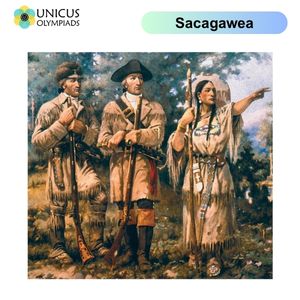

Explorers have been pivotal in shaping world history by opening up new trade routes, discovering new lands, and creating connections between different cultures. Two of the most famous explorers in history, Marco Polo and Christopher Columbus, are often remembered for their journeys that expanded the known world during their time. But many other explorers also made remarkable contributions to geography, science, and the human understanding of the Earth. Below is a look at Marco Polo, Columbus, and other famous explorers who helped shape our world.
Marco Polo was a Venetian merchant, traveler, and pioneer who traveled extensively through Asia, eventually reaching China. His travels were recorded in "The Travels of Marco Polo," a book that introduced Europeans to Central Asia and China.
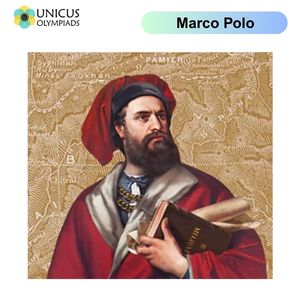
Christopher Columbus, an Italian navigator, famously completed four voyages across the Atlantic Ocean, connecting Europe to the Americas, even though he believed he had reached Asia.
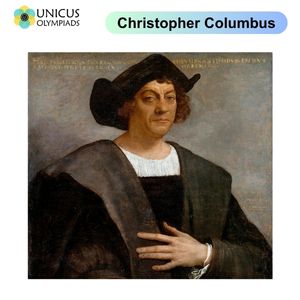
Beyond Marco Polo and Christopher Columbus, many explorers have contributed to the world’s geographical and cultural knowledge. Here are more famous explorers who helped shape our understanding of the world.
Ferdinand Magellan, a Portuguese explorer, is famous for being the first to lead an expedition that circumnavigated the globe, although he himself did not survive the entire journey.

Vasco da Gama was a Portuguese explorer who was the first European to reach India by sea, opening up the first direct sea route from Europe to Asia.

James Cook, a British explorer, was instrumental in mapping the Pacific Ocean, Australia, and New Zealand, and for his contributions to marine exploration and cartography.
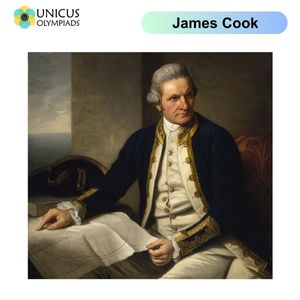
Ibn Battuta was a Moroccan scholar and explorer who traveled extensively across Africa, Asia, and Europe in the 14th century.
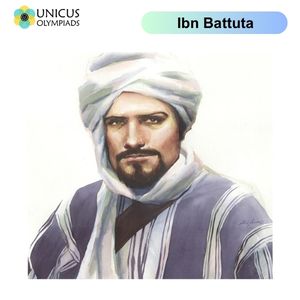
Roald Amundsen was a Norwegian explorer best known for leading the first successful expedition to reach the South Pole.
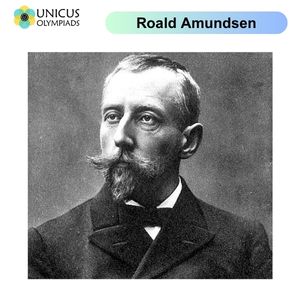
Sacagawea was a Native American woman who served as an interpreter and guide during the Lewis and Clark Expedition, which explored the western United States in the early 1800s.
